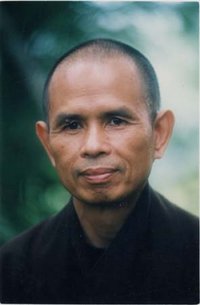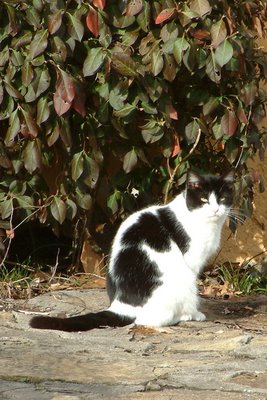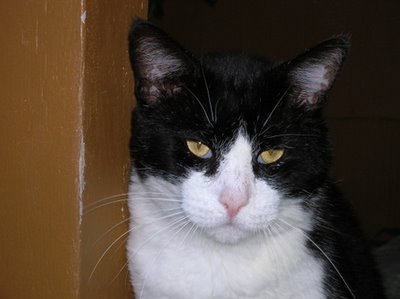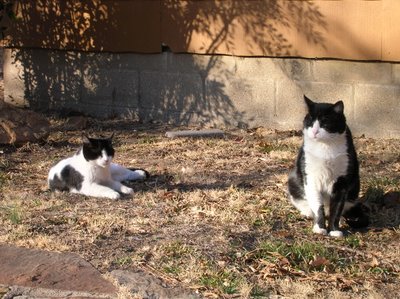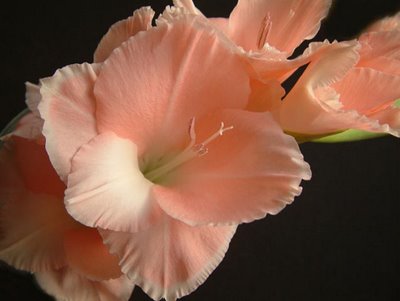Apparently, the research is indicating that it truly IS possible to make ourselves happier.NEW YORK - As a motivational speaker and executive coach, Caroline Adams Miller knows a few things about using mental exercises to achieve goals. But last year, one exercise she was asked to try took her by surprise.
Every night, she was to think of three good things that happened that day and analyze why they occurred. That was supposed to increase her overall happiness.
"I thought it was too simple to be effective," said Miller, 44, of Bethesda. Md. "I went to Harvard. I'm used to things being complicated."
Miller was assigned the task as homework in a master's degree program. But as a chronic worrier, she knew she could use the kind of boost the exercise was supposed to deliver.
She got it.
"The quality of my dreams has changed, I never have trouble falling asleep and I do feel happier," she said.
Results may vary, as they say in the weight-loss ads. But that exercise is one of several that have shown preliminary promise in recent research into how people can make themselves happier — not just for a day or two, but long-term. It's part of a larger body of work that challenges a long-standing skepticism about whether that's even possible.
There are several other happiness exercises described in the article. Do click through and read the whole thing.




